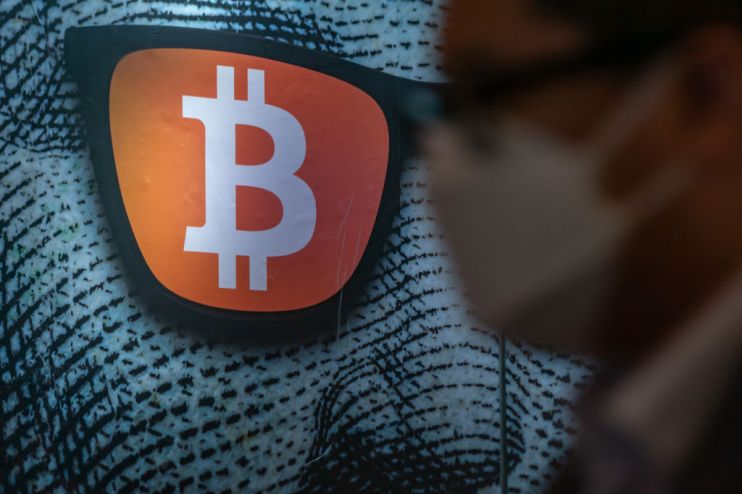Cryptocurrency scams balloon as City watchdog warns of looming crackdown

Cryptocurrency scams are on the rise in the UK as fraudsters exploit new technologies to dupe consumers into handing over their money, fresh figures reveal.
The Financial Conduct Authority (FCA) warned today of a worsening epidemic of criminals exploiting consumers’ amid an explosion of interest in the crypto space last year. The number of consumers flagging cryptocurrency scams flagged to the regulator has climbed 49 per cent, underlining the scale of the challenge faced by the UK regulator.
The financial watchdog revealed that over the past six months it has opened over 300 cases related to unregistered crypto asset businesses, many of which may be scams, while 50 investigations into unauthorised businesses are ongoing.
“Consumers need to have confidence when making investment decisions and the data we’ve published today shows how prevalent scams can be,” commented Sarah Pritchard, the executive director of markets at the FCA. She called on investors to check whether firms are authorised and research risks associated with assets before investing.
While the FCA takes a limited role registering crypto firms for anti-money laundering purposes it lacks oversight of crypto assets. Unsuspecting consumers have been lured into investing into crypto tokens that are launched without being scrutinised.
The opaque nature of cryptocurrencies also makes it hard for regulators to use conventional enforcement measures to reduce the likelihood of consumer harm. The FCA has warned in the past that its existing toolkit is less effective at keeping the crypto market in check compared to traditional financial products.
The regulator launched a new consultation last month to tackle the “increased risks emerging from the cryptoasset market,” it said.
The Bank of England has also expressed concerns about risks to consumers posed by crypto assets. Speaking at the Oxford Union yesterday evening the Bank’s deputy governor for financial stability, Jon Cunliffe, said “these are highly volatile because they have no intrinsic value – in other words as there is nothing behind them there is nothing to prevent their value going to zero.”